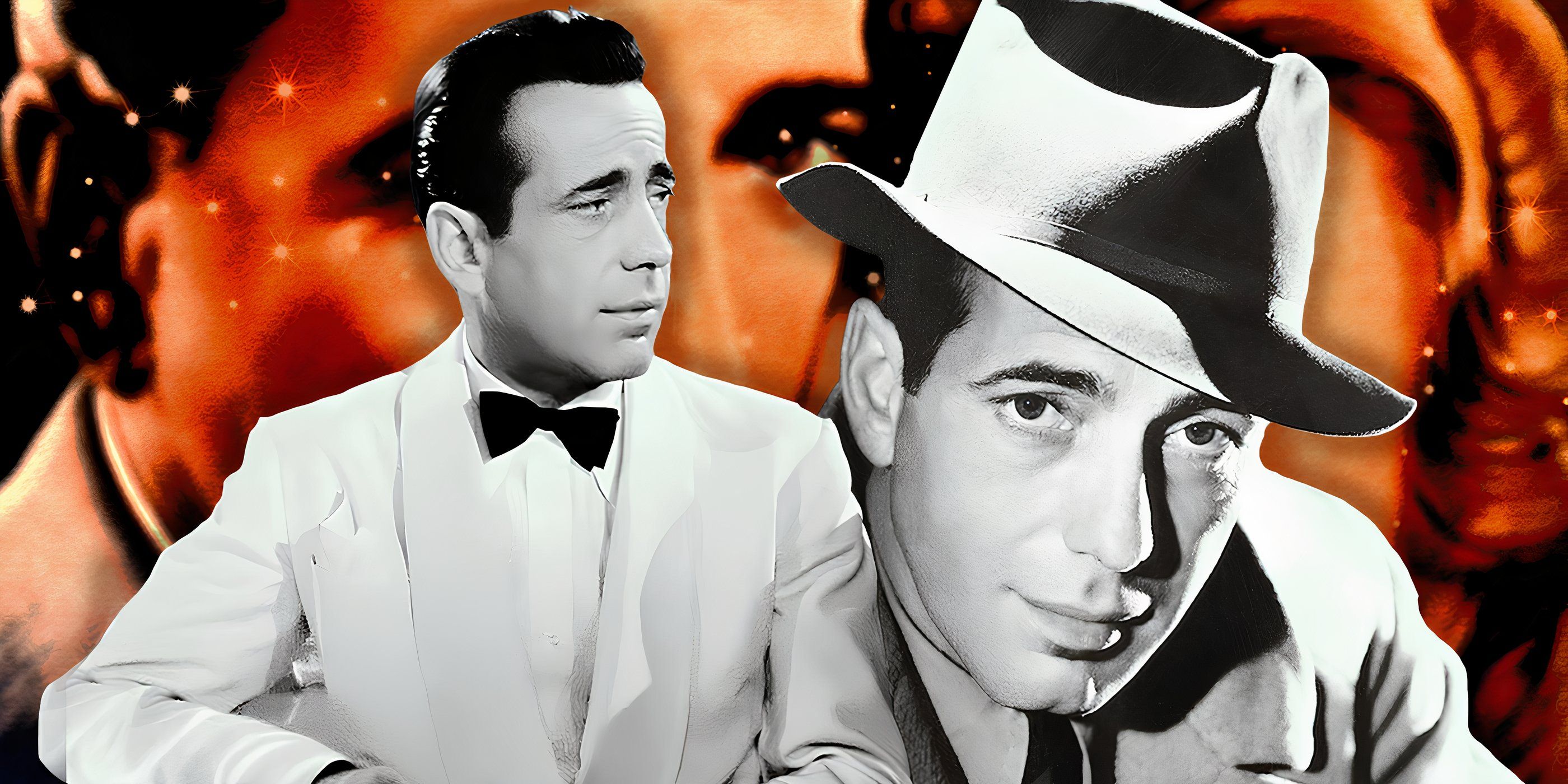
WEIGHT: 61 kg
Bust: A
1 HOUR:60$
NIGHT: +90$
Services: BDSM (receiving), Fisting anal, Sex oral without condom, French Kissing, Trampling
Stalin could not attend. Key decisions included a commitment to demand Axis powers' unconditional surrender; plans for an invasion of Sicily and Italy before the main invasion of France; an intensified strategic bombing campaign against Germany; and approval of a US Navy plan to advance on Japan through the central Pacific and the Philippines. The last item authorized the island-hopping campaign in the Pacific, which shortened the war. Of all the decisions made, the most important was the Allied invasion of Sicily , which Churchill pushed for in part to divert American attention from opening a second front in France in , a move that he feared would result in very high Allied casualties and not be possible until Also attending were the sovereign of Morocco, Sultan Muhammad V , and representing the Free French forces , Generals Charles de Gaulle and Henri Giraud , but they played minor roles and were not part of the military planning.
The conference produced a unified statement of purpose, the Casablanca Declaration. It announced to the world that the Allies would accept nothing less than the "unconditional surrender" of the Axis powers. Grant known as "Unconditional Surrender" Grant [ 2 ] , who had communicated that stance to the Confederate commander during the American Civil War. In a February 12, radio address, Roosevelt explained what he meant by unconditional surrender: "we mean no harm to the common people of the Axis nations.
But we do mean to impose punishment and retribution upon their guilty, barbaric leaders". Behind the scenes, the United States and the United Kingdom were divided in the commitment to see the war through to Germany's capitulation and "unconditional surrender". But Churchill had agreed in advance about "unconditional surrender"; he had cabled the War Cabinet four days earlier and they had not objected.
US General George Marshall also said that he had been consulted; he had stated on 7 January that Allied morale would be "strengthened by the uncompromising demand, and Stalin's suspicions allayed". However some source material contradicts the official reported accord between Churchill and Roosevelt, claiming that Churchill did not fully subscribe to the doctrine of "unconditional surrender".

The New York Times correspondent Drew Middleton, who was in Casablanca at the conference, later revealed in his book, Retreat From Victory , that Churchill had been "startled by the [public] announcement [of unconditional surrender]. I tried to hide my surprise. But I was his [Roosevelt's] ardent lieutenant". According to historian Charles Bohlen , "Responsibility for this unconditional surrender doctrine rests almost exclusively with President Roosevelt".


































